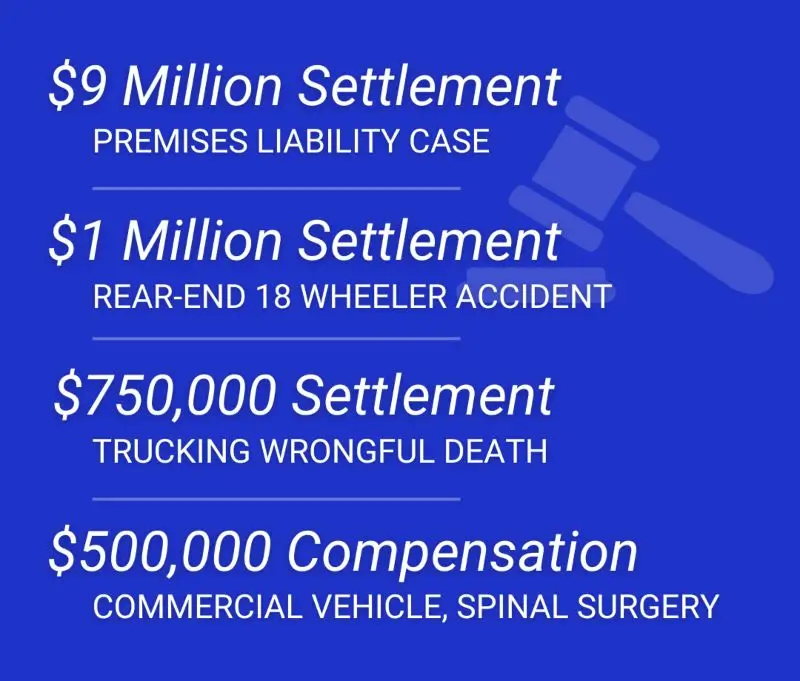Driving under the influence of alcohol or drugs in Texas is a serious offense that carries hefty penalties. The state’s stringent regulations aim to deter impaired driving and maintain roadway safety. If you’ve been accused of drinking and driving and are concerned about the consequences, here are the Texas drunk driving laws you need to know.

What is the Legal Definition of Intoxication in Texas?
Intoxication is defined as not having the normal use of mental or physical faculties due to the consumption of alcohol or drugs. This can be measured by field sobriety tests or more formal blood, urine, and breath tests. You are considered legally intoxicated if you have a blood alcohol concentration (BAC) of 0.08% or more. You may also be deemed intoxicated if drugs or alcohol have impaired your ability to drive, regardless of your BAC.
What is the Legal BAC in Texas?
Each state sets its own legal BAC limit to operate a motor vehicle. In Texas, the legal limit is 0.08%. However, for commercial drivers, the limit is even lower at 0.04%. Minors, or people under the age of 21, are not allowed to operate a vehicle with any detectable amount of alcohol in their systems.
Texas Drinking and Driving Laws: DUI vs. DWI
Texas drunk driving laws are quite clear: driving under the influence of alcohol or drugs in the state is illegal, and offenders face severe penalties. When assessing the circumstances surrounding an impaired driving incident, it’s important to distinguish between DUI (driving under the influence) and DWI (driving while intoxicated).
In Texas, DUI typically applies to minors. Texas enforces a strict zero-tolerance policy for underage drinking and driving. This means any detectable amount of alcohol in the system of a minor operating a vehicle can lead to a DUI charge. Penalties for DUI may include fines, community service, driver’s license suspension, and mandatory alcohol education classes.
DWI applies to drivers of all ages and is the more serious charge related to driving under the influence of alcohol or drugs. As discussed, anyone with a BAC at or above 0.08% or who does not have the normal use of their faculties due to alcohol or drugs can be charged with DWI. The punishments for DWI depend on the number of offenses and other factors, like the presence of a child in the vehicle or if an accident causing injury or death occurred. Penalties range from fines and suspension of driving privileges to imprisonment and mandatory installation of vehicle ignition interlock devices.
Ask an Attorney for Guidance
Texas drunk driving laws are complex, and Nava Law Group is here to help you navigate a DUI or DWI prosecution. With more than 150 years of combined legal experience, our team of highly qualified drunk driving attorneys can defend your rights during this challenging time. If you need legal guidance, our 24/7 response team is ready to help. Contact us today at 713.661.9900 to schedule a free case evaluation at one of our law offices in Houston, Bellaire, Edinburg, or Austin, TX.








